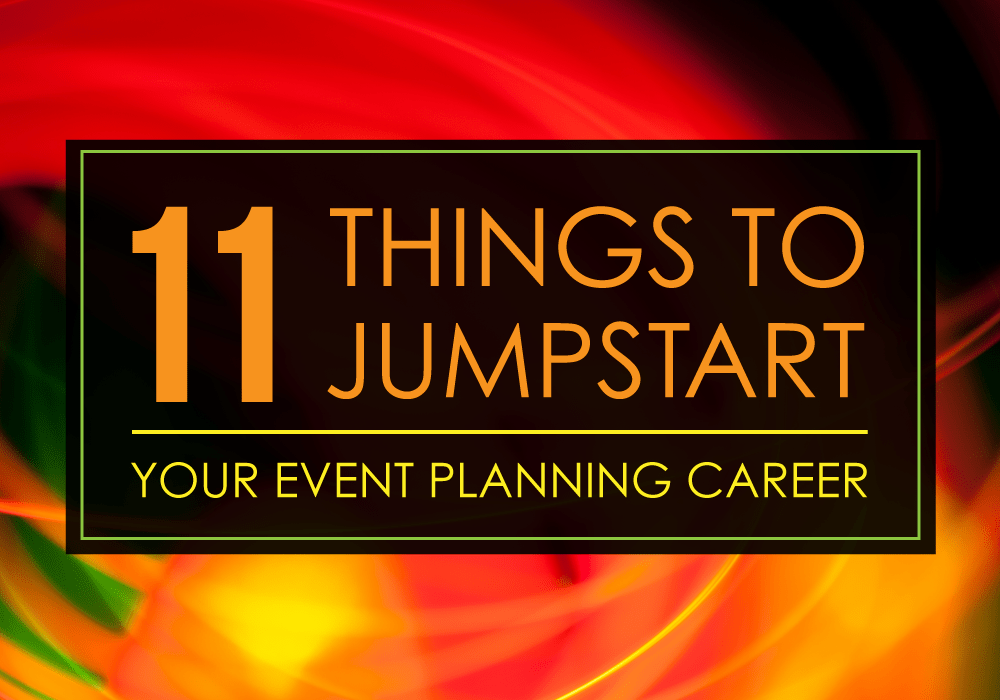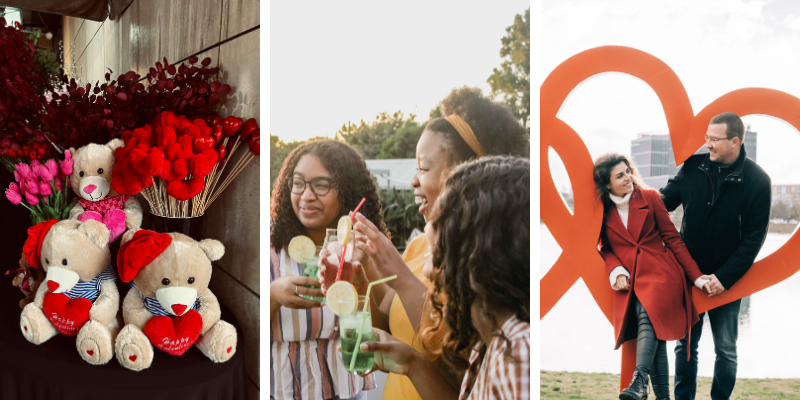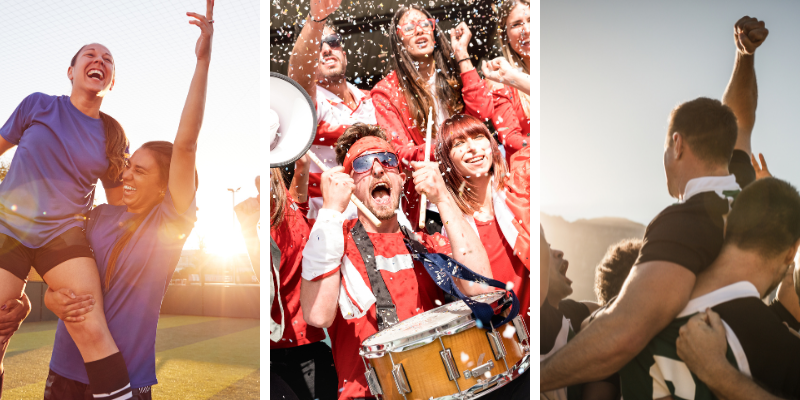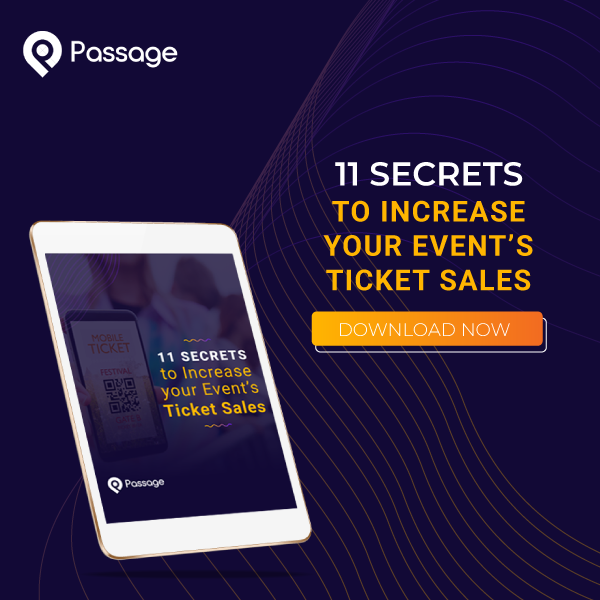1. Develop Your Own Routine
Although it’s easy to fall victim to the vicious cycle of waking up a little late, skipping breakfast, and rushing out the door, it’s often necessary to take a break and reevaluate the habits that are helping and hurting your health, work, and overall happiness. Below are three ideas to getting back on track and enhance your event planning skills.
Make A GamePlan (Decrease Decision Fatigue): Here are some simple steps you can take to automate time-consuming, yet necessary morning tasks:
- Plan outfits the night before.
- Pack your gym bag/work bag the night before.
- Sleep in running clothes (so you are less likely to skip your morning jog).
- Get a pill organizer for your vitamins/supplements.
- Make your meals the night before in a slow-cooker.
Energize (You Don’t Need To Run A Marathon): Squeezing in a morning workout will help you get in the zone, improve your mood, and start your day off energized.
Refuel (Eat Brekky): By downing a protein shake, or munching on a veggie omelet, you are improving your concentration, problem-solving skills, memory retention, and overall cognitive ability.
2. Learn To Say No
Although this might be hard to believe, saying “no” can lead to greater productivity, enhanced creative thinking, and better planned and executed events. Saying “no” to time wasters and creativity drainers will not only save you stress and time in the long run, but this practice will show you just how inauthentic being a “yes man or woman” really is. On top of that, it will show you how your relationships and work can both flourish without having to bend over backwards for everyone but yourself.
3. Express Gratitude: Thank Your Volunteers
Here are some incentives for volunteers that won’t break your bank or add to any event planning stress.
- Provide discount tickets to the event.
- Organize fun volunteer social events.
- Reward volunteers with cool prizes or thoughtful awards.
- Spread the word about your awesome team through social media, blog, newspaper articles etc.
- Write your volunteers personal, hand-written thank you notes.
4. Improvise
Become more confident by killing your internal editor. Improv genius, PJ Jacokes, states that one’s “internal editor” refers to the “nagging voice that lives in the back of your head who shoots down ideas before they can come to fruition.” It’s impossible to move forward if you are constantly over-criticizing your own ideas and zapping your creativity.
Jacokes illustrates this point with the following:
“When we were kids, we improvised all the time. Then, sometime around high school, we started trying too hard; we stopped pretending and focused on getting everything right. With kids, there’s no voice in the back of their head saying, ‘That’s not a dinosaur.’ The only thing they’re thinking is ‘We’ve gotta run!!!’ Most adults have lost the skill of living in the moment and not editing themselves.”
5. Engage Millennials
Ranging from the ages of 18-33 years old, this generation holds over $100 billion in buying power in the U.S. alone. This is great news for event creators because these individuals tend to seek out events and are typically positive and engaged fans. Here are three tips to making Millennials your VIP guests and new best buddies:
- Support a worthy cause or partner with a charity.
- Provide discount rates, promo codes, and if you want to get creative, try adding a less-expensive virtual component.
- This is not a passive audience, so put them in the driver’s seat by making your event share friendly.
6. Make Your Event Share-Friendly
Here are some tips that will make it easy, fun, and rewarding for your guests to share your wondrous event with the world.
- Make sure your venue has free access to Wifi.
- Make sure your content is easy to view and pass along on mobile devices.
- Don’t rely on attendees to cut and paste; make sharing easy with a “one-click” option.
- Connect with your audiences on a deeper and more emotional level. Eliciting a strong emotional response in your audience will enable your content to spread like wildfire.
- Make your event photo-friendly. Have a photographer on site, post to social media, or designate a space that entices guests to take their own photos.
- Give your attendees a takeaway souvenir as a reminder of what they learned or loved at your event. This could be as simple as a brochure, sticker, magnet, or link to a free downloadable PDF that they can access through your website.
- Have a retail table. Show off your new t-shirts. Promote your brand.
7. Practice Mindfulness
Just as brushing your teeth clears away unwanted bacteria and plaque, meditation clears away negative and unproductive thoughts. Simply sitting in a quiet place to observe your breath can enhance your creativity, reduce anxiety by 40%, and help you to establish better relationships. Additionally, a study done at the University of Pittsburgh proved that the prefrontal cortex (associated with focus, concentration, and decision-making) grows larger through meditation practice, while the amygdala (responsible for fear and the fight-or-flight response) shrinks.
8.Discover & Dissect Your Why
Ignoring your “why statement” is detrimental to your event because it is the thing that connects people to your belief, and your belief is what sells. Your belief is what motivates your employees to come in early and stay late. It is the driving force behind gut feelings that people cannot explain in words, but still feel inclined to join your group, buy your product, or attend your event. People who believe what you believe will buy from you, and those that don’t share your belief will not. To unravel your event’s “why statement”, start by asking yourself the following questions:
- What about this event makes me feel most excited?
- What is the element of greatest value for my guests?
- What does my event stand for (making the world a prettier place, sharing a passion for art and music, raising money to fight breast cancer)?
9. Utilize Social Media
60% of buying decisions are already made before your customer even talks to you. 74% of online adults use social networking sites. That’s a large amount of guests that are searching for content about your event. It’s your job to make sure they find stellar testimonials, photos, tweets, and likes. This can result in them registering for your event before you even meet them!
However, making assumptions about your audience’s involvement on social media can lead to disaster and will hurt your event. To avoid disappointment, ask yourself: Who is my audience and where do they spend most of their time? Then, ask yourself: Are my competitors using social media? If the answer is yes, then ask: Which channels are they on and how are they engaging with our audience? Take the time to answer these questions honestly. If you’re unsure of our audience’s involvement, then refer to research regarding demographics of key social networking platforms.
10. Make Decisions Efficiently
Every time you make a decision, you are exercising your willpower muscle. Similar to how your abdominal muscles get tired after completing your last set of sit-ups, the strength of your willpower fades as you make more decisions.Researchers call this crippling phenomenon decision fatigue. You can strengthen your willpower muscle by practicing the following…
Simplify: Eliminate extraneous, unproductive, and low value choices.
Set Deadlines: Oftentimes we get so wrapped up in weighing the pros and cons, that we make no decision at all.
Automate: Plan the first two hours of your morning to eliminate trite decisions and save your willpower for big decisions that are more important than the color tie you want to wear.
Embrace Failure: The most successful individuals and companies use failure as a feedback device and learning tool (instead of viewing it as the end of the world/their career).
11. Embrace The Power Of Connection
People enjoy feeling like they are a part of something, whether they are part of the act, performance, taste testers, or audience members who are called onto the stage to demo a new product. In his book, Tribes, Seth Godin articulates this idea by defining a tribe as, “a group of people connected to one another, a leader, or idea.” It is your goal as an event organizer to create a community around your event that facilitates connection and camaraderie between attendees.
- Integrate social activities like ice breakers into your event’s schedule.
- Initiateseat swapping: don’t let attendees sit next to the same person the whole time.
- Set the tone by telling your event’s story/history with passion and enthusiasm.
- Engage your audience at your event, as well as outside of it (through social media and newsletter updates)!
- Offer guests a brochure, or any other sort of handout that gives a brief snapshot of your event’s “thesis”, or main idea.








